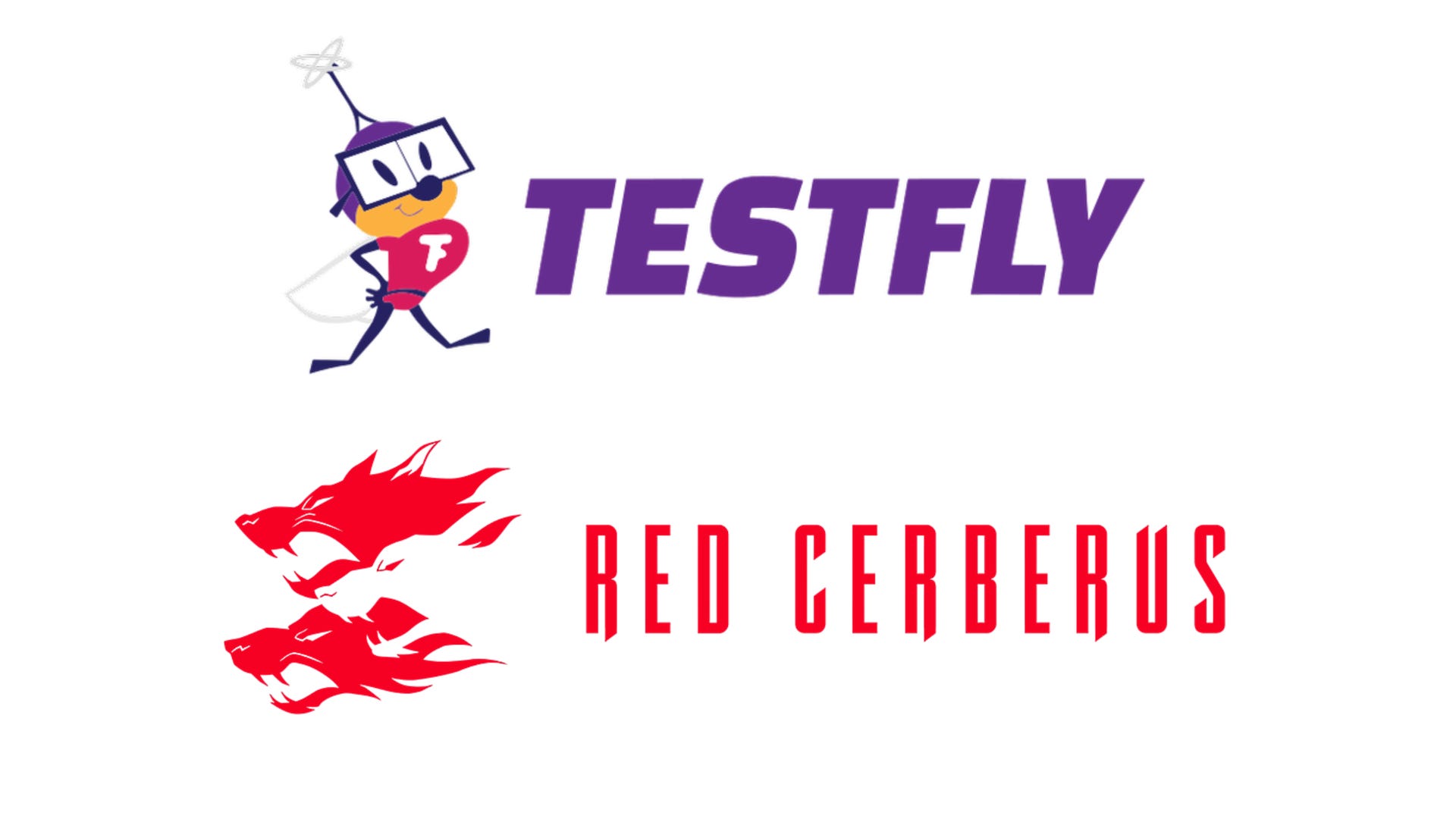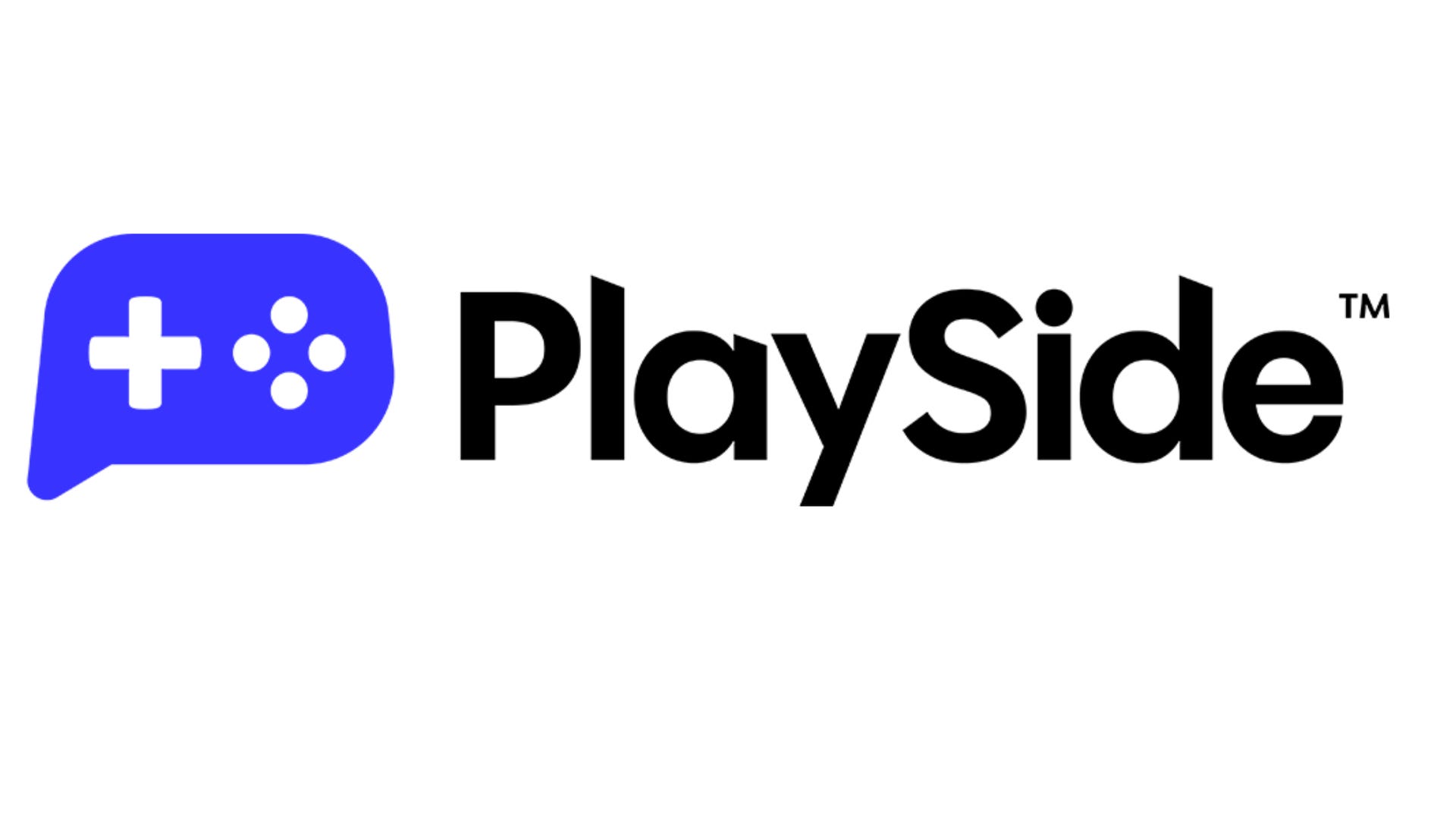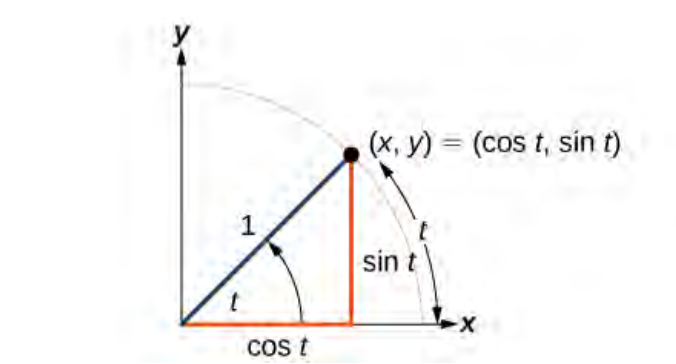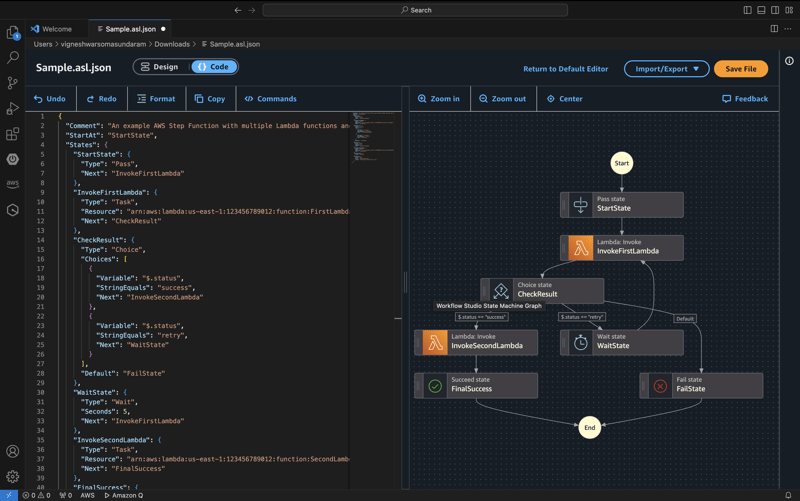Verifiable Computations in Web3: Enabling Trustless and Secure Systems
The emergence of Web3 has brought a paradigm shift in how digital applications interact with users and handle data. Unlike traditional web architectures, Web3 is built on decentralization, cryptographic security, and trustless computations. One critical aspect ensuring integrity in decentralized applications is verifiable computations. But what exactly does this mean? And how are platforms like Dojima Foundation and Proof Network leveraging it to build innovative Web3 solutions? Let’s explore. Understanding Verifiable Computations In simple terms, verifiable computation (VC) is a cryptographic method that allows one party to offload computations to another while ensuring the results are correct and tamper-proof. It provides a way to compute complex processes off-chain (or on a third-party system) while guaranteeing the correctness of results through cryptographic proofs. This concept is crucial for blockchain applications, zero-knowledge proofs (ZKPs), smart contracts, and decentralized finance (DeFi) platforms. Key Components of Verifiable Computation Computation Offloading – Instead of processing everything on-chain, verifiable computations allow tasks to be executed off-chain, reducing costs and improving scalability. Proof Generation – A cryptographic proof is created to validate the computation. This can be in the form of zk-SNARKs, zk-STARKs, or interactive proof systems. Proof Verification – The receiving party (usually a blockchain or smart contract) verifies the proof without re-executing the computation. Why Verifiable Computations Matter in Web3? 1. Trustless Smart Contracts Traditional smart contracts require on-chain execution of computations, which can be expensive and inefficient. Verifiable computations enable smart contracts to verify results instead of computing them directly, significantly reducing gas fees on networks like Ethereum. 2. Decentralized Identity and Proof Systems Platforms like Proof Network leverage verifiable computation techniques to create tamper-proof identity verifications. This ensures users' credentials and activities remain transparent and trustworthy without relying on centralized authorities. 3. Enhancing DeFi Security DeFi applications often require complex mathematical computations for yield farming, collateralization, and risk assessments. With verifiable computation, these tasks can be securely offloaded while maintaining transparency and auditability. 4. Scalable Web3 Infrastructure The Dojima Foundation is building scalable Web3 solutions that integrate cross-chain liquidity, bridging multiple blockchains efficiently. Verifiable computations play a crucial role in reducing processing loads while maintaining a high level of security and decentralization. Applications of Verifiable Computations in Web3 1. Zero-Knowledge Rollups (zk-Rollups) zk-Rollups use zk-SNARKs and zk-STARKs to batch transactions off-chain and submit only validity proofs on-chain. This drastically reduces congestion and transaction fees, making blockchain ecosystems more scalable. 2. Cross-Chain Communication One of the biggest challenges in blockchain is seamless interoperability. With verifiable computation, cross-chain platforms like Dojima can securely validate transactions without exposing sensitive information or requiring trust in third parties. 3. On-Chain AI and Machine Learning Emerging AI-powered Web3 applications need secure verifiable models. Decentralized AI inference models can use verifiable computations to ensure AI-generated results are legitimate without exposing raw training data. 4. Supply Chain Verification Industries utilizing blockchain for supply chain transparency can leverage verifiable computations to validate product authenticity without needing on-chain storage for every data point. Challenges and Future of Verifiable Computations 1. High Computational Costs While verifiable computations offload execution from blockchains, proof generation remains computationally expensive. This limits adoption in resource-constrained environments. 2. Scalability Constraints Most verifiable computation methods rely on complex cryptographic operations, which can slow down verification times. However, advances in recursive SNARKs and STARKs are improving efficiency. 3. Integration with Existing Blockchain Networks Not all blockchain platforms natively support verifiable computations. Projects like Dojima Foundation and Proof Network are actively working to create middleware solutions that bring seamless integration to multiple blockchain environments. 4. Need for Standardization The industry lacks universal standards for verifiable computation protocols. Standardization efforts from Web3 foundations and organizations are needed to accelerate mainstream adoption. The R
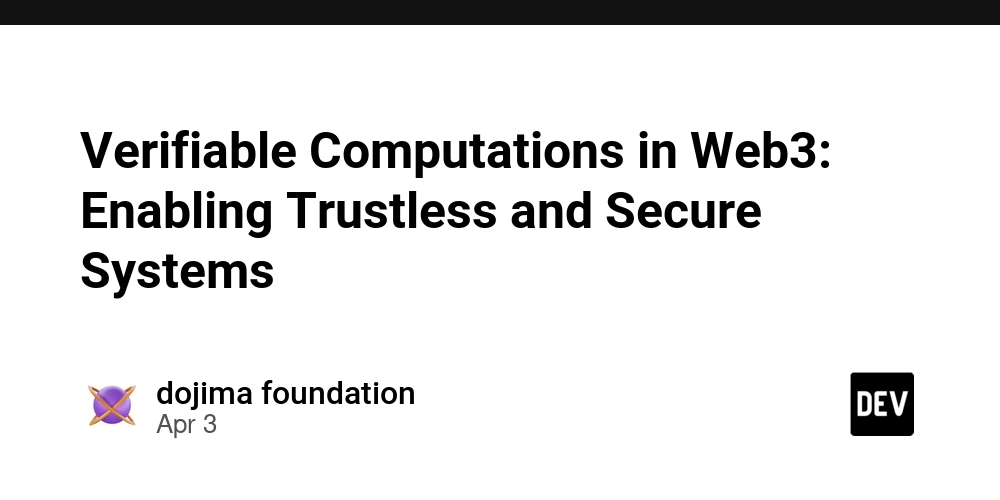
The emergence of Web3 has brought a paradigm shift in how digital applications interact with users and handle data. Unlike traditional web architectures, Web3 is built on decentralization, cryptographic security, and trustless computations. One critical aspect ensuring integrity in decentralized applications is verifiable computations.
But what exactly does this mean? And how are platforms like Dojima Foundation and Proof Network leveraging it to build innovative Web3 solutions? Let’s explore.
Understanding Verifiable Computations
In simple terms, verifiable computation (VC) is a cryptographic method that allows one party to offload computations to another while ensuring the results are correct and tamper-proof. It provides a way to compute complex processes off-chain (or on a third-party system) while guaranteeing the correctness of results through cryptographic proofs.
This concept is crucial for blockchain applications, zero-knowledge proofs (ZKPs), smart contracts, and decentralized finance (DeFi) platforms.
Key Components of Verifiable Computation
Computation Offloading – Instead of processing everything on-chain, verifiable computations allow tasks to be executed off-chain, reducing costs and improving scalability.
Proof Generation – A cryptographic proof is created to validate the computation. This can be in the form of zk-SNARKs, zk-STARKs, or interactive proof systems.
Proof Verification – The receiving party (usually a blockchain or smart contract) verifies the proof without re-executing the computation.
Why Verifiable Computations Matter in Web3?
1. Trustless Smart Contracts
Traditional smart contracts require on-chain execution of computations, which can be expensive and inefficient. Verifiable computations enable smart contracts to verify results instead of computing them directly, significantly reducing gas fees on networks like Ethereum.
2. Decentralized Identity and Proof Systems
Platforms like Proof Network leverage verifiable computation techniques to create tamper-proof identity verifications. This ensures users' credentials and activities remain transparent and trustworthy without relying on centralized authorities.
3. Enhancing DeFi Security
DeFi applications often require complex mathematical computations for yield farming, collateralization, and risk assessments. With verifiable computation, these tasks can be securely offloaded while maintaining transparency and auditability.
4. Scalable Web3 Infrastructure
The Dojima Foundation is building scalable Web3 solutions that integrate cross-chain liquidity, bridging multiple blockchains efficiently. Verifiable computations play a crucial role in reducing processing loads while maintaining a high level of security and decentralization.
Applications of Verifiable Computations in Web3
1. Zero-Knowledge Rollups (zk-Rollups)
zk-Rollups use zk-SNARKs and zk-STARKs to batch transactions off-chain and submit only validity proofs on-chain. This drastically reduces congestion and transaction fees, making blockchain ecosystems more scalable.
2. Cross-Chain Communication
One of the biggest challenges in blockchain is seamless interoperability. With verifiable computation, cross-chain platforms like Dojima can securely validate transactions without exposing sensitive information or requiring trust in third parties.
3. On-Chain AI and Machine Learning
Emerging AI-powered Web3 applications need secure verifiable models. Decentralized AI inference models can use verifiable computations to ensure AI-generated results are legitimate without exposing raw training data.
4. Supply Chain Verification
Industries utilizing blockchain for supply chain transparency can leverage verifiable computations to validate product authenticity without needing on-chain storage for every data point.
Challenges and Future of Verifiable Computations
1. High Computational Costs
While verifiable computations offload execution from blockchains, proof generation remains computationally expensive. This limits adoption in resource-constrained environments.
2. Scalability Constraints
Most verifiable computation methods rely on complex cryptographic operations, which can slow down verification times. However, advances in recursive SNARKs and STARKs are improving efficiency.
3. Integration with Existing Blockchain Networks
Not all blockchain platforms natively support verifiable computations. Projects like Dojima Foundation and Proof Network are actively working to create middleware solutions that bring seamless integration to multiple blockchain environments.
4. Need for Standardization
The industry lacks universal standards for verifiable computation protocols. Standardization efforts from Web3 foundations and organizations are needed to accelerate mainstream adoption.
The Role of Dojima Foundation in Advancing Verifiable Computations
As the Web3 ecosystem expands, the need for efficient and scalable trustless computation models grows. The Dojima Foundation is actively developing infrastructure that enables secure, cross-chain, and decentralized applications. By integrating verifiable computations into their solutions, Dojima is helping to:
✅ Enhance blockchain interoperability with secure proofs.
✅ Reduce on-chain computation costs for developers.
✅ Improve decentralized applications (dApps) with trustless computation.
Visit Dojima Foundation to explore their contributions to Web3 innovation.
Conclusion
Verifiable computations are revolutionizing Web3 applications, enabling trustless, decentralized, and highly efficient computational models. Whether for smart contracts, DeFi security, AI models, or blockchain scalability, these techniques provide the missing link between efficiency and trust.
With platforms like Dojima Foundation and Proof Network, the future of decentralized verifiable computation looks promising. As blockchain adoption increases, expect verifiable computations to become a cornerstone of the next-gen digital economy.
Want to stay ahead in the Web3 revolution? Follow Dojima Foundation for updates on their groundbreaking developments in verifiable computations!



















































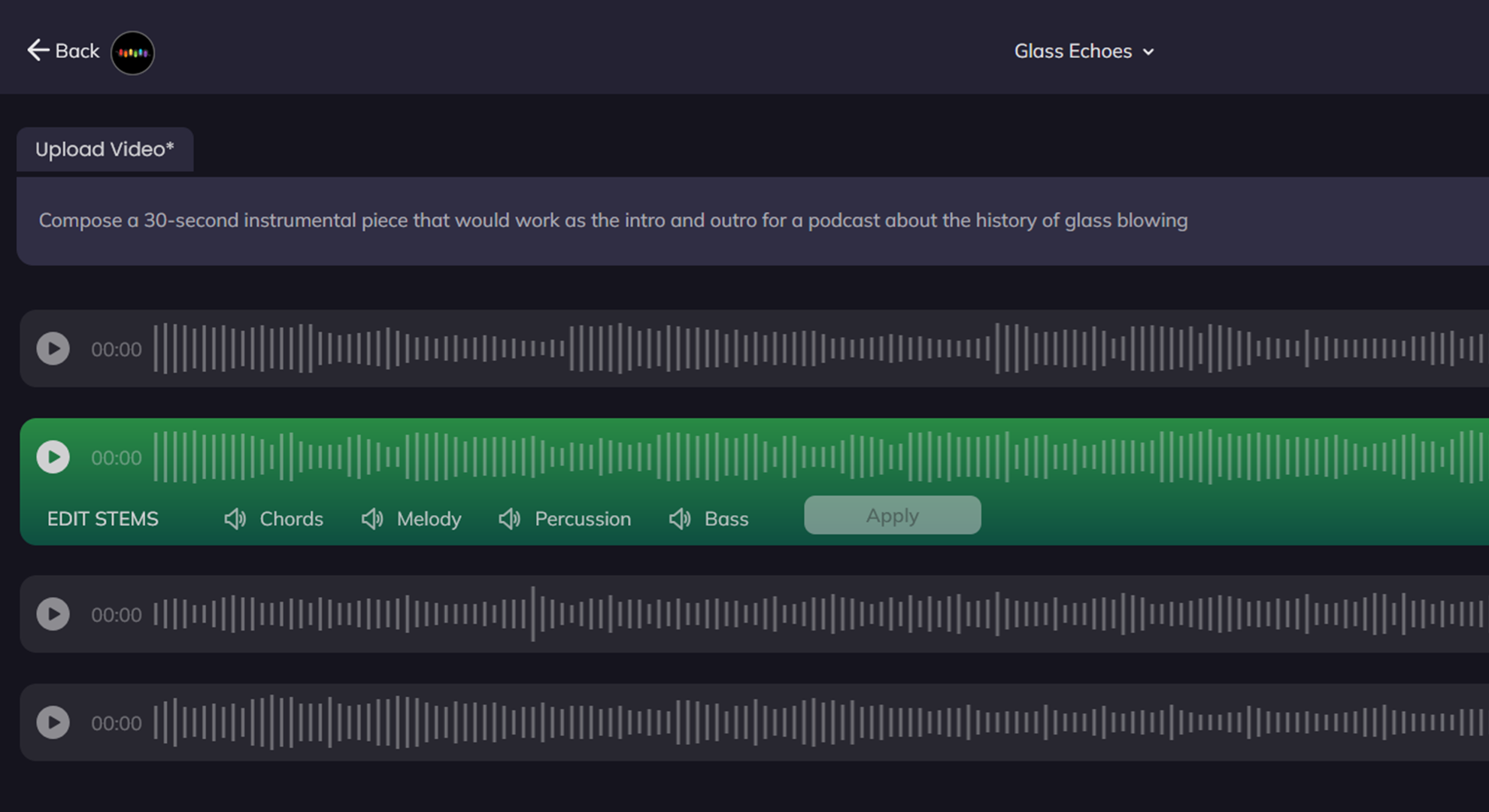



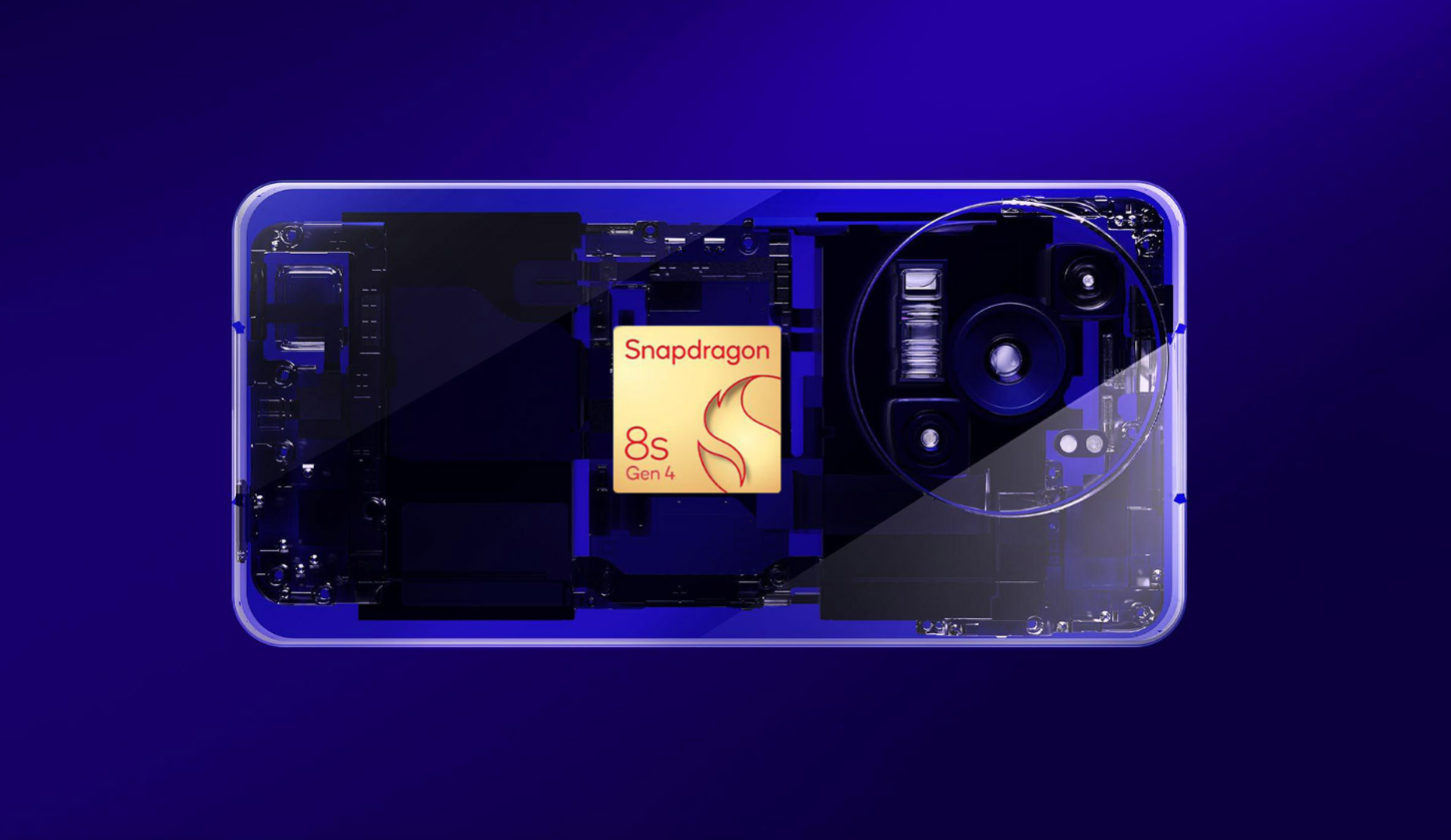












![YouTube Announces New Creation Tools for Shorts [Video]](https://www.iclarified.com/images/news/96923/96923/96923-640.jpg)
![Apple Faces New Tariffs but Has Options to Soften the Blow [Kuo]](https://www.iclarified.com/images/news/96921/96921/96921-640.jpg)


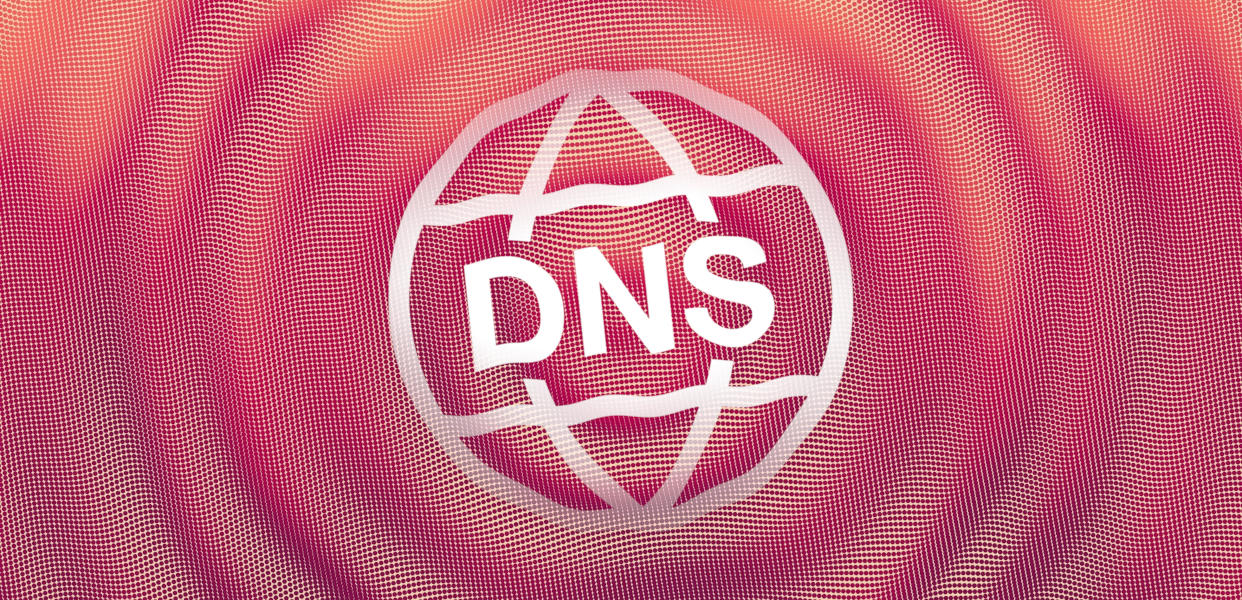






















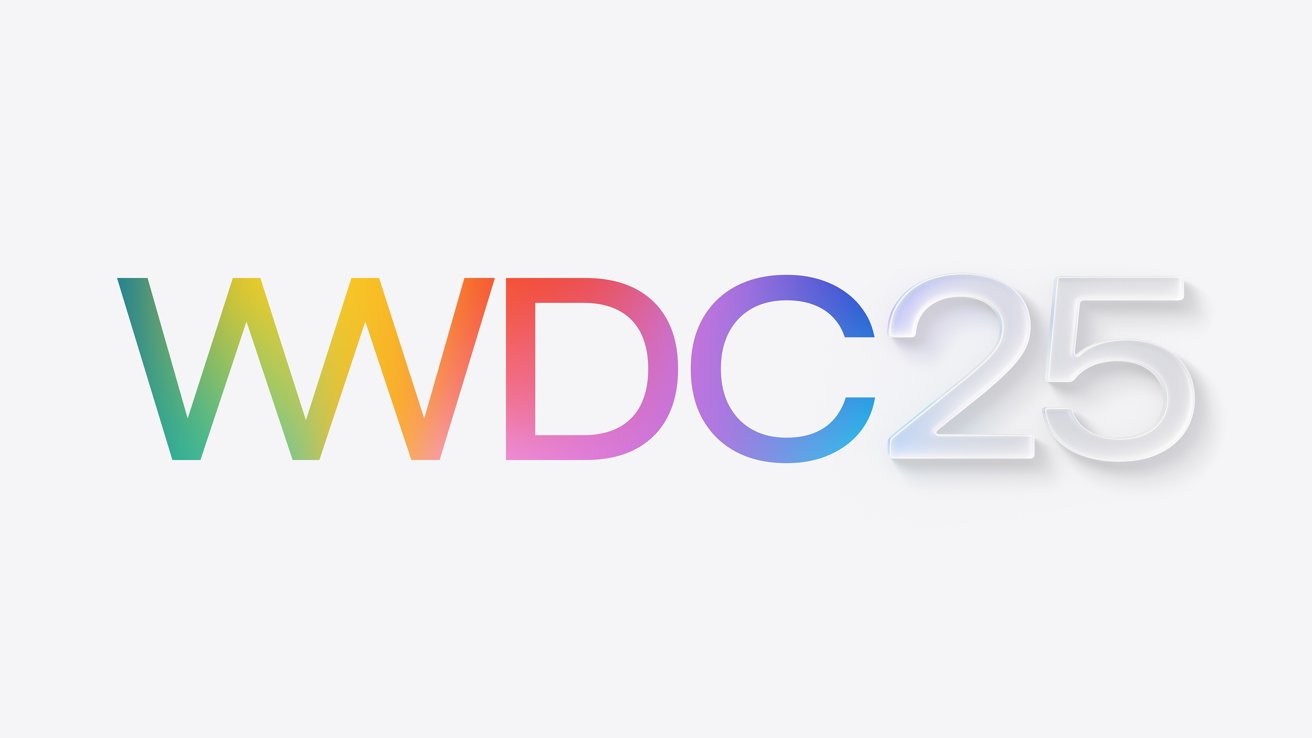
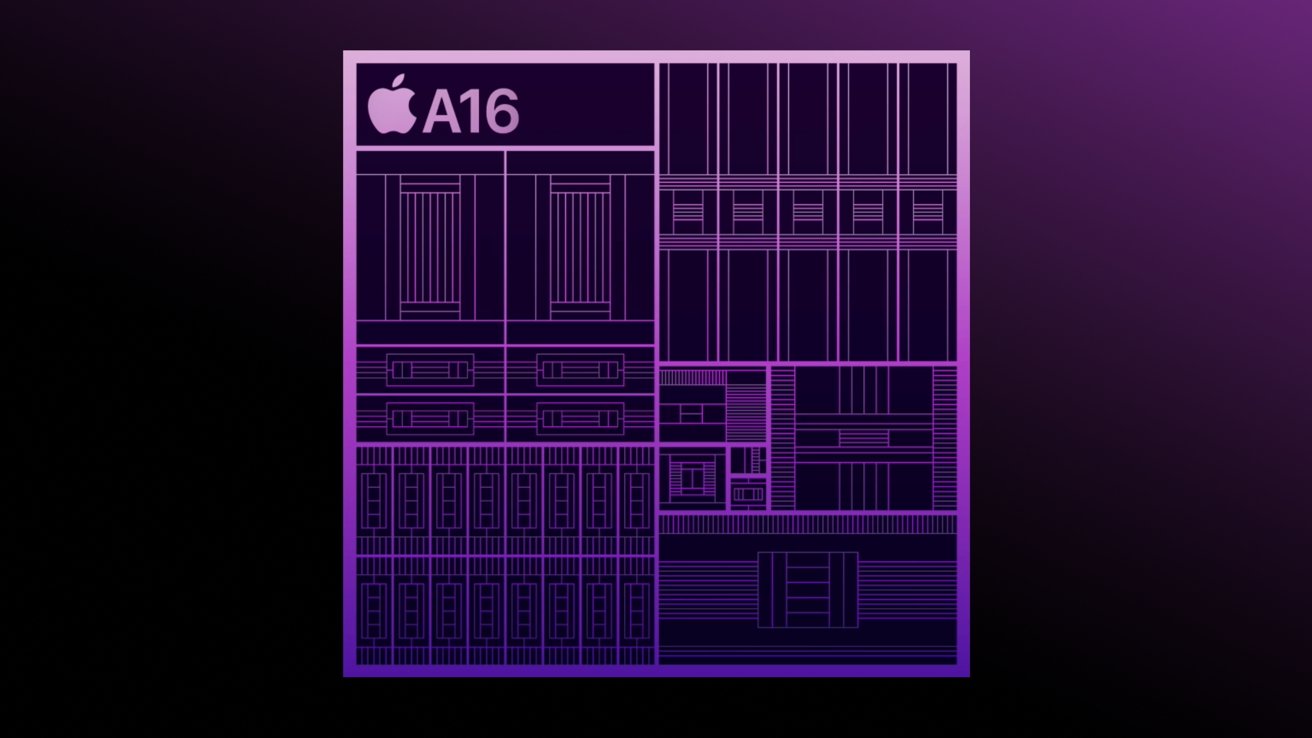


























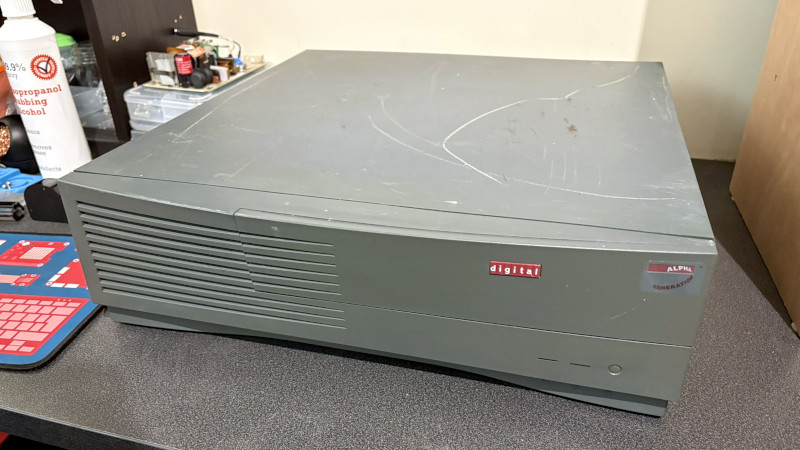

















































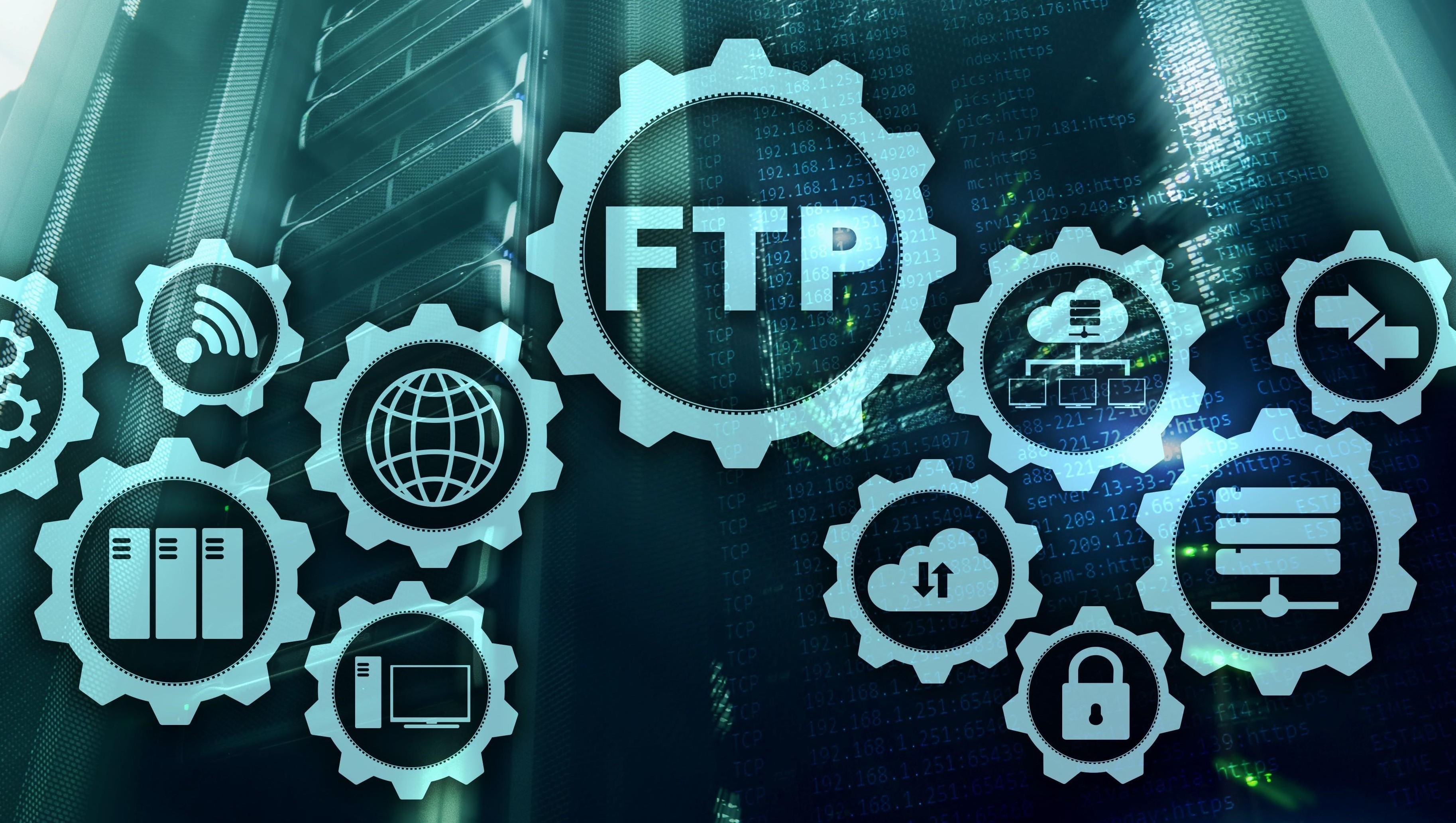












































































![[The AI Show Episode 142]: ChatGPT’s New Image Generator, Studio Ghibli Craze and Backlash, Gemini 2.5, OpenAI Academy, 4o Updates, Vibe Marketing & xAI Acquires X](https://www.marketingaiinstitute.com/hubfs/ep%20142%20cover.png)

















































































































![Is this a suitable approach to architect a flutter app? [closed]](https://i.sstatic.net/4hMHGb1L.png)
















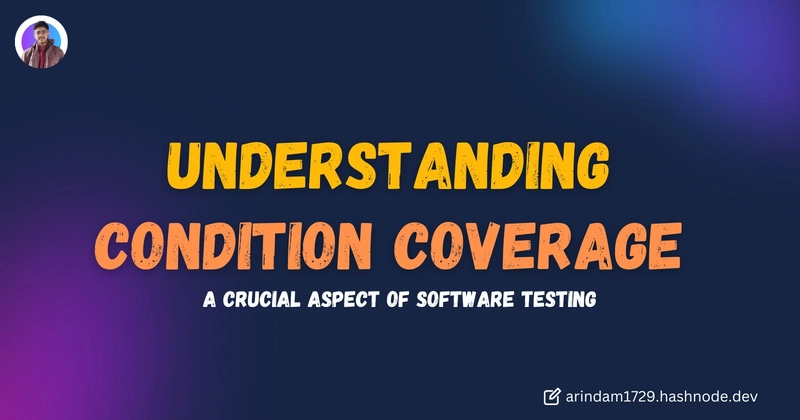






![[DEALS] Microsoft Office Professional 2021 for Windows: Lifetime License (75% off) & Other Deals Up To 98% Off – Offers End Soon!](https://www.javacodegeeks.com/wp-content/uploads/2012/12/jcg-logo.jpg)


























